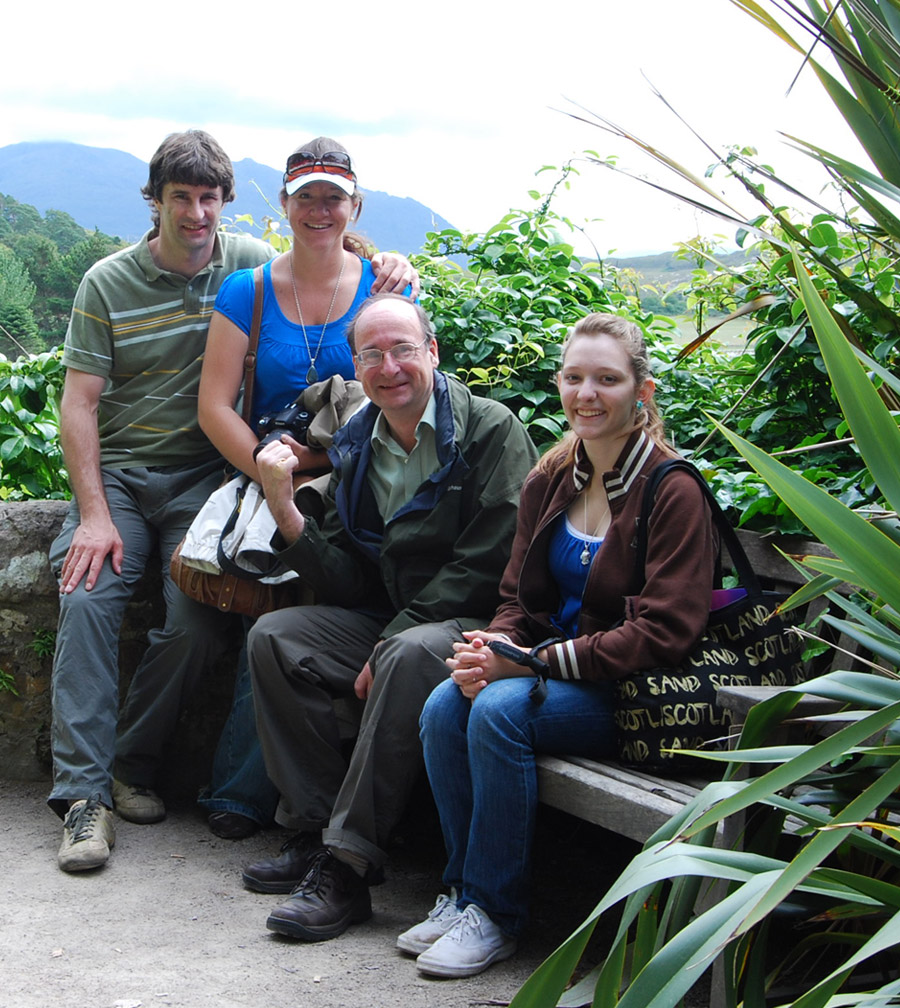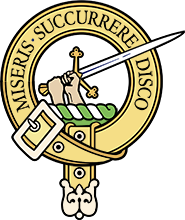Evolution of MacMillan septs.

In the right-hand sidebar (or at the bottom of the page on mobile phones) see a list of MacMillan septs from which you may link to pages specific to each.
A contentious issue.
The question of "Septs" is a contentious one; and some academic historians use the undoubted existence in a few cases of "sept-knapping" - which the MacMillans suffered from most notoriously at the hands of William Buchanan of Auchmar - to rubbish the whole concept. If however septs are properly understood, and distinguished from kindreds descending from the same progenitor who evolve into separate clans, it is a legitimate idea.
The evolution of MacMillan septs.
Septs are branches of a clan that for various reasons use a different surname. In some cases this is because their surname remembers the given-name or the nick-name of a particularly famous member of the parent clan (e.g. the Cannans from Cane/Cainn M'millan or the Baxters from the M'millan "baker"); or because their name is a very different version of the usual surname (e.g. Bell for the Mhaoil of MacGhille-Mhaoil, or Mulligan for Maolagain as an alternative version of Mhaolain). Sometimes a branch of the clan took its surname from the place it lived in (as the Lennies in Perthshire are generally supposed to have done - though recent research throws some doubt on this derivation) or from the occupation of its ancestors (e.g. the Walkers).
In the most powerful kindreds, families not descended from the clan's namefather often became tenants or followers of the chiefs - both by conquest and by choice - and when surnames became necessary adopted that of their landlord or protector rather than that of their own blood-line. There are no known examples of this among the MacMillan septs as by the time surnames became necessary the MacMillan chiefs no longer held enough land to attract followers from other bloodlines to settle amongst them.
The decline of MacMillan power from the 16th century onwards meant that the branch of the clan remaining in Lochaber came to be regarded as a sept of the Camerons in this way; though most of them stuck to their own famous name, even if often called "Camerons" elsewhere in the northern highlands because of their loyalty to Lochiel. By way of contrast the surname Campbell does seem to have been adopted from the early 16th century by the family of the old lairds of Craignish who were also almost certainly "MacMillans" descended from Dougall mac Malcolm mhic Mhaolain; presumably because the MacMillans in the neighbouring Knapdale had either become tenants of the far more powerful Campbells or had fled south to Kintyre. Other descendants of Callum/Malcolm mac Mhaolain in Lorn chose to call themselves by versions of MacCallum/Malcolm, and one branch of this kindred became rich and powerful enough to evolve into a clan in their own right: now known as the Malcolms, with their seats at Poltalloch and Duntrune, just to the north of Knapdale.
Similarly, to the north of Lorn a number of other kindreds descended from Maolan grew into clans in their own right; most notably the MacPhersons, one of the leading clans in the Clan Chattan confederation (which the MacMillans had once belonged to as well). The fact that the MacMillans lost so much of their land and power after the downfall of the Lords of the Isles in the early sixteenth century, which was well before surnames were adopted by most highlanders, probably meant that many descendants of Maolan were less concerned about using the name MacMillan, and this may account for their eventually adopting instead some of these other surnames. Some of the septs' homelands are indicated on the map of Clan MacMillan lands.
An article relating to septs in Clan MacMillan International magazines and newsletters.
What's in a Name - MacMillan Aliases | Issue 15, Nov./Dec. 2010.
More in-depth information about MacMillan septs.
Further discussion of the evolution of "septs" and the other clans descended from Maolan can be found in The Origins and Early History of the MacMillans and Related Kindreds by Graeme M. Mackenzie, which is available from the Clan MacMillan International Centre.
